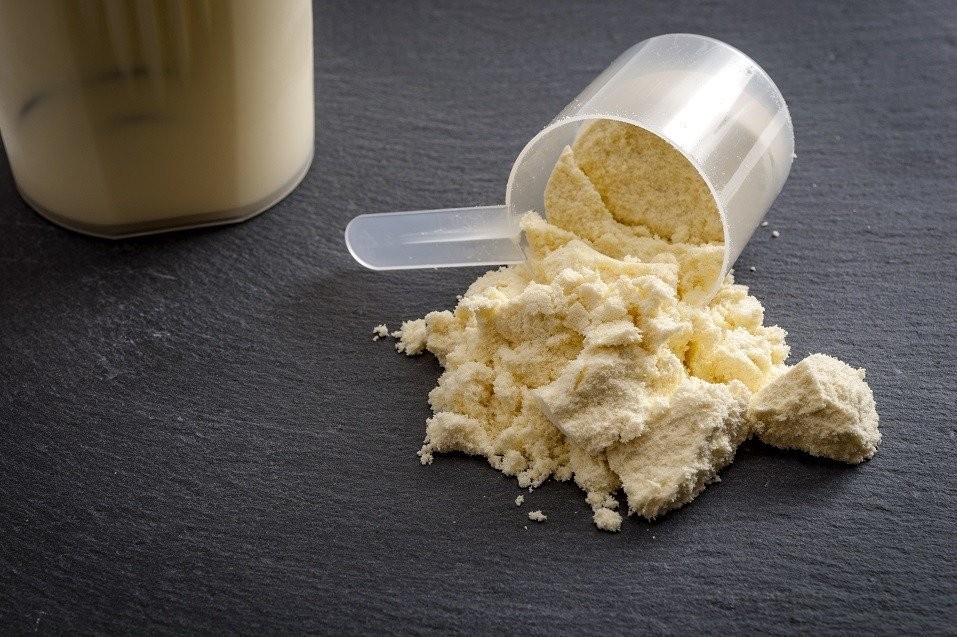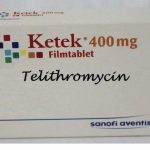
What Is the Difference Between Caseinate and Casein?
When browsing food labels at the store, you’ll likely come across unknown ingredients — casein and caseinate. Despite their unfamiliar names, they are common food additives. Casein is the most common natural protein in cow’s milk, making up 80% of the protein. The remaining 20% is whey protein.
Casein is used in various products, including imitation cheese, cheese substitutes, natural and artificial cheese products, paint, cosmetics, and plastic items like buttons and knitting needles.
You consume casein when you drink milk, but you can also get it in the form of pure protein powder. It can be extracted from pasteurized skim milk using methods such as microfiltration, ultracentrifugation, coagulation with rennet, or acid precipitation — the most common method.
The end result is a white or yellow granular product that should be pure casein. However, the FDA manually inspects casein protein powder batches for contaminants such as manure, plant fragments, insect debris, rodent debris, and feathers. Keep in mind that the FDA does not regulate supplements like prescription medications, so there is a risk of nitrogen-rich contaminants like urea. Consult with a healthcare professional for advice on pure casein sources and their safety.
What are caseinates?
Caseinates are products made from casein, produced through large-scale commercial processes. They are created by dissolving casein in a basic (alkaline) solution with calcium or sodium. For instance, sodium caseinate is made by neutralizing acid casein with NaOH.
Common caseinates found on nutrition labels include sodium caseinate, calcium caseinate, ammonium caseinate, potassium caseinate, and magnesium caseinate. In the food industry, pure forms of each caseinate can be found. For example, pure sodium caseinate is a white powder.
Pure caseinates are more water-soluble than casein and possess excellent foaming, emulsifying, and gelling properties. They have a wider range of uses in the food processing industry than casein. Caseinates are used in non-dairy creamers, cured meats, pastries, baked goods, and dairy products.
Do protein powders contain casein and caseinates?
Protein powders are popular among those seeking muscle-building or weight loss benefits. These products generally contain a specific type of protein. Milk proteins, including casein, are commonly used due to their affordability. Caseinates are also included in pre-mixed protein drinks.
Protein powders and drinks can be made from proteins derived from various sources. It is important to check the nutrition label to determine the exact protein source.
Can you eat caseinates if you are lactose intolerant?
Individuals with lactose intolerance lack sufficient lactase enzyme to break down lactose, a specific carbohydrate in milk. Therefore, they should avoid consuming casein in the form of pure milk or any dairy products containing lactose. However, pure casein and caseinates, like protein powder, are typically safe for individuals with lactose intolerance.
QUESTION
Can you eat caseinates with a dairy allergy?
If you have a milk allergy, you are likely allergic to casein. Milk allergies are common in children, affecting around 4.9% of children under three. These allergies result from the immune system overreacting to milk proteins. If you are allergic to casein, you should also avoid consuming caseinates.
Milk allergy symptoms may include wheezing, difficulty breathing, vomiting, diarrhea, runny nose, and hives. Since young children may have difficulty communicating health problems, careful observation is necessary.
If your child is diagnosed with a milk allergy, pay close attention to nutrition labels as casein and caseinates can be found in unexpected products like hot dogs and deli meat. Look for caseinate types or phrases such as "acid casein" or "rennet casein," which describe the production process.
Are milk proteins beneficial?
Milk proteins are easily digestible, providing nutritional benefits without requiring excessive energy for digestion. This quality makes them highly efficient protein powders.
Studies show that supplementing the diet with milk protein before and after exercising aids in building and maintaining muscle mass. Faster protein digestion leads to a quicker appearance of amino acids in the bloodstream, which the body uses to create muscle proteins.
Among milk proteins, whey is digested faster than all types of casein and caseinates. However, certain caseinates, such as sodium caseinate, are digested more rapidly than calcium caseinate or regular casein.
Casein is an excellent source of essential amino acids that the body cannot produce on its own. Drinking milk provides a significant boost of essential amino acids in the diet. Additionally, milk proteins promote bone growth and help maintain bone mass, making them especially beneficial during periods of growth. Casein and caseinate-based drinks often offer these benefits.
When should you see a doctor?
If you suspect lactose intolerance or your child shows signs of a milk allergy, consult with a doctor. Additionally, discuss the benefits of protein powders with a healthcare professional and seek recommendations for pure sources. Since everyone’s body is different, consulting a doctor is essential for navigating complex nutrition-related decisions.
References:
Harvard Health Publishing: "The hidden dangers of protein powders."
Johns Hopkins Medicine: "Milk Allergy Diet."
Mass General for Children: "Lactose-Free v. Dairy-Free: How to Tell the Difference."
Texas Children’s Hospital: "Sports Nutrition 101: What’s up with Whey."
USDA Agricultural Research Service: "MILK PROTEIN PRODUCTS AND RELATED GOVERNMENT POLICY ISSUES."
U.S. Food and Drug Administration: "MPM: V-6. Dairy, Cheese, and Related Products."


